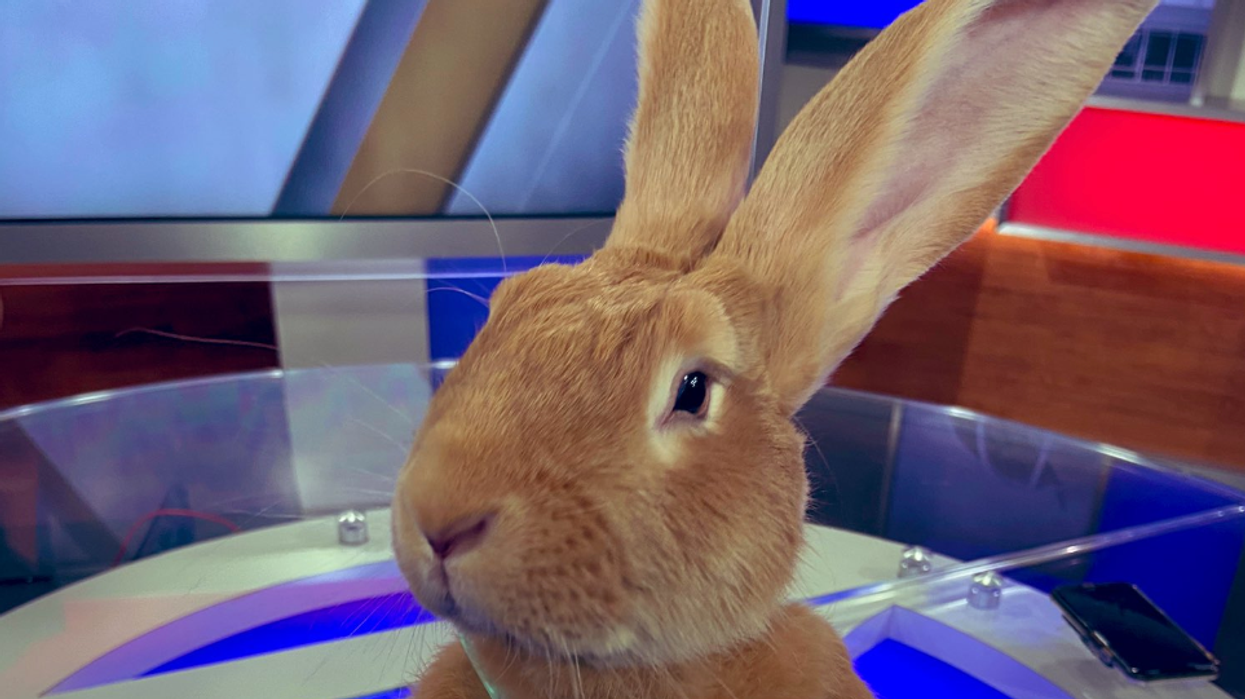If nothing else, viewers of Monday’s debate between Hillary Clinton and Donald Trump learned a new word: “braggadocio”
While commentators and fact checkers parse through the words of Hillary Clinton and Donald Trump after Monday’s spirited debate, many viewers were busy trying to understand what those words actually meant.
The Merriam-Webster Dictionary was there to help via Twitter.
He was trying for braggadocio. #debatenight #debates https://t.co/kX2W3xEROR https://t.co/11JTCLer3w
— Merriam-Webster (@MerriamWebster) September 27, 2016
While “braggadocious” is a real adjective, it’s use has declined since the 19th century, thus losing its spot in the dictionary. According to The New York Times, online searches for the meaning of the word spiked during the debate. Just for the record (and for your future use in conversation) the word “braggadocio” means, “The annoying or exaggerated talk of someone who is trying to sound very proud or brave.” Sound familiar? Well, Trump said that he didn’t want to sound like that when talking about his business dealings after repeatedly referencing his billions and his business skills.
The words “stamina” and “temperament” were also popular searches, according to the dictionary. Trump used both to say that Clinton didn’t have enough of either to be president.
'Stamina' is climbing in lookups. Also spiking: 'temperament'. #debates #debatenight https://t.co/QXMkFROYON
— Merriam-Webster (@MerriamWebster) September 27, 2016
The most surprising word of the night—which is actually a word apparently—was “bigly.” Many thought Trump had used the word in describing how much he’d cut taxes, though he may have said “big league.” Trump has used the word before, much to the amusement of the Twitterati. But, to everyone’s surprise, it’s actually a real adverb.
Bigly *is* a word, though that's not what Trump said. https://t.co/FpjrcMss3g
— Merriam-Webster (@MerriamWebster) September 27, 2016













